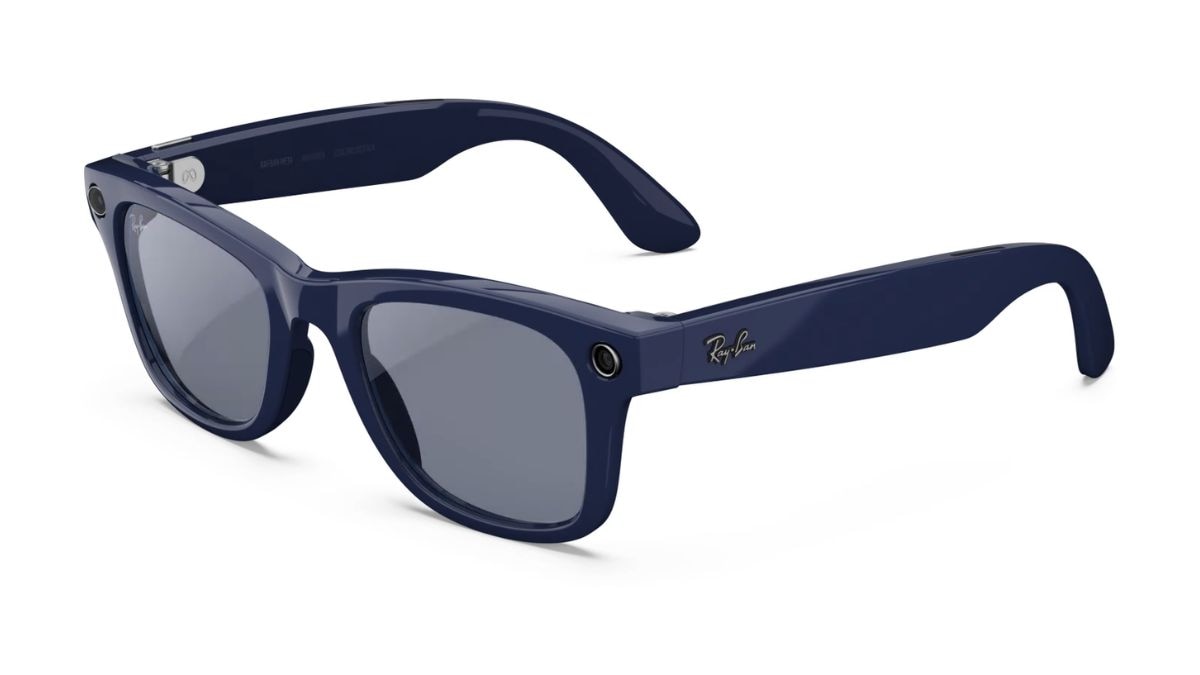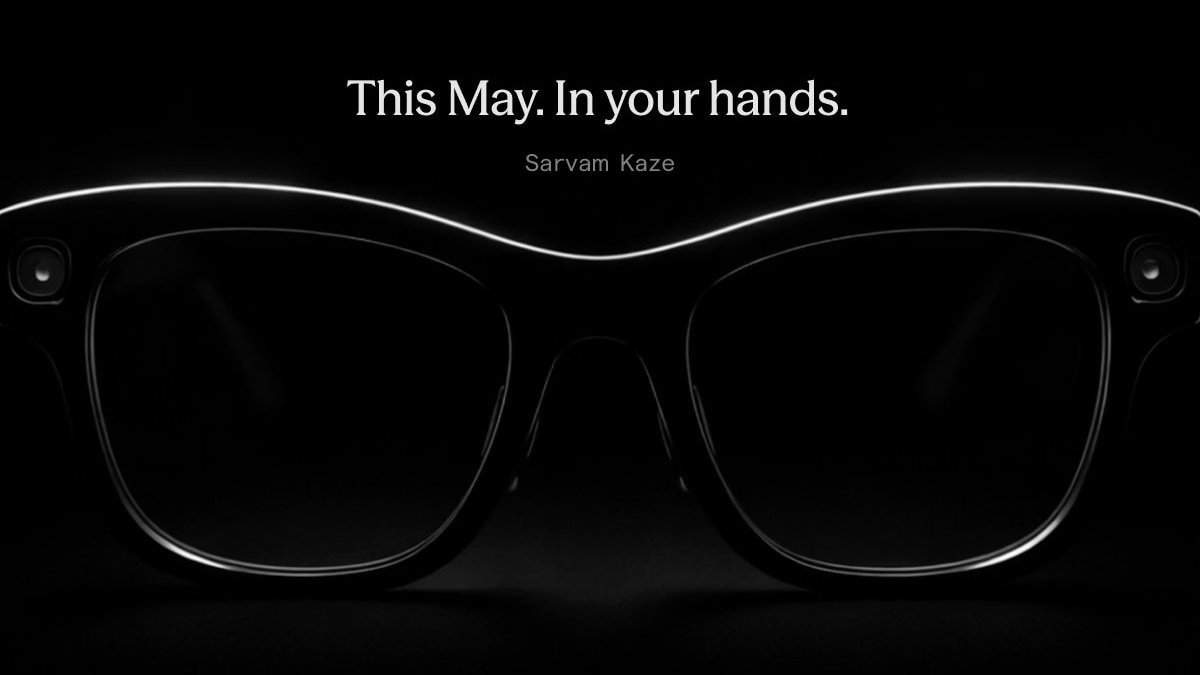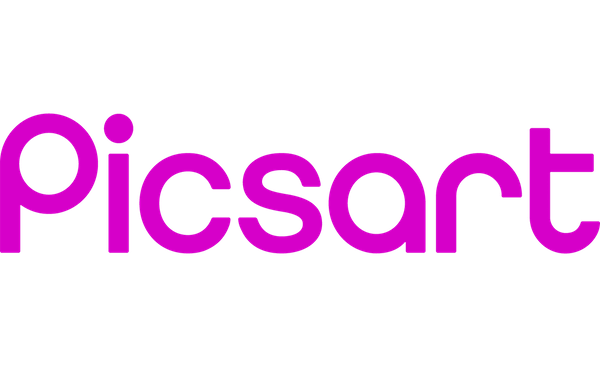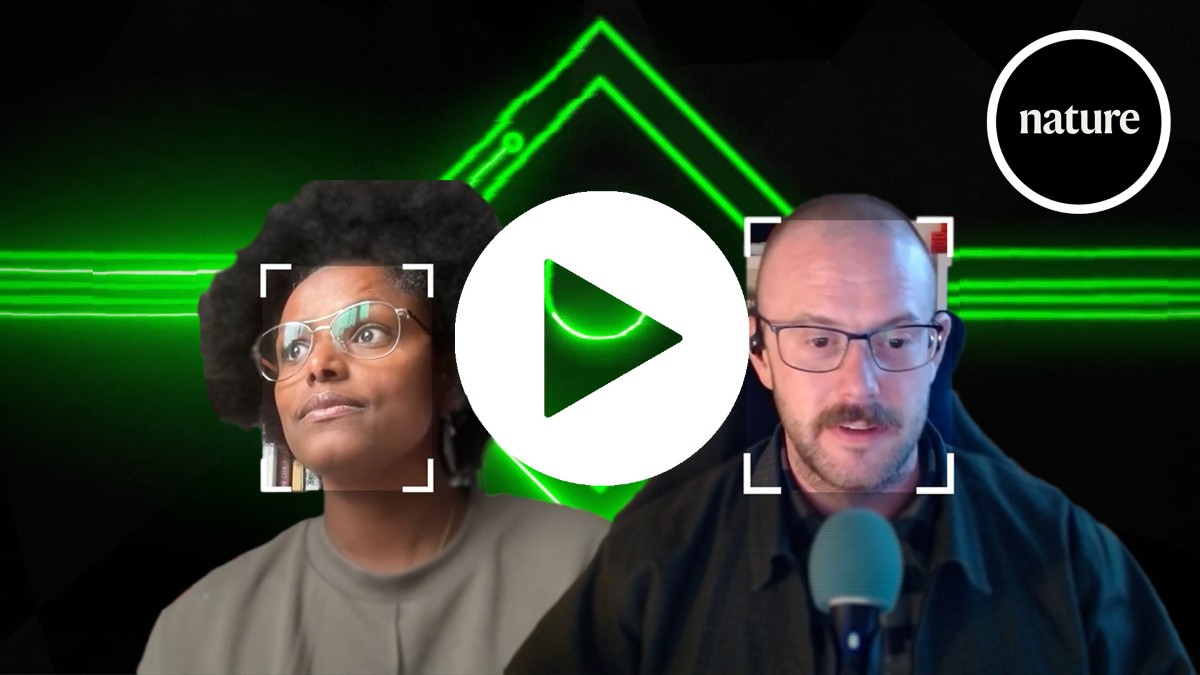fromYanko Design - Modern Industrial Design News
1 month agoNarwal Flow 2 at CES 2026: Sees Everything, Cleans Smarter - Yanko Design
Robot vacuums quietly went from novelty to background appliance, yet many still behave like polite bumper cars. They avoid walls, follow schedules, and send maps, but they do not really understand what they are seeing. A cable, a sock, and a pet toy often get the same treatment, which is why people still hover nearby during automatic cleaning runs, ready to intervene when the robot inevitably gets confused by something obvious.





















